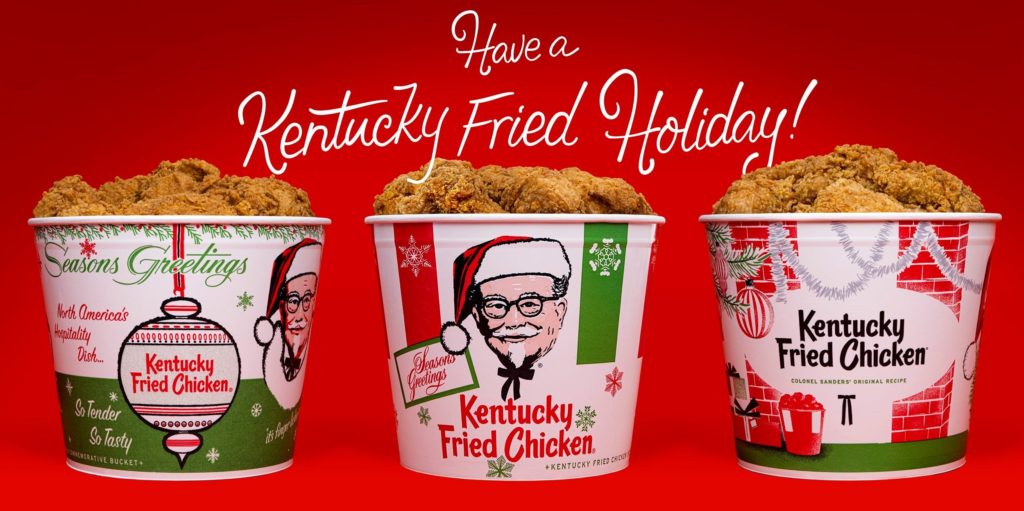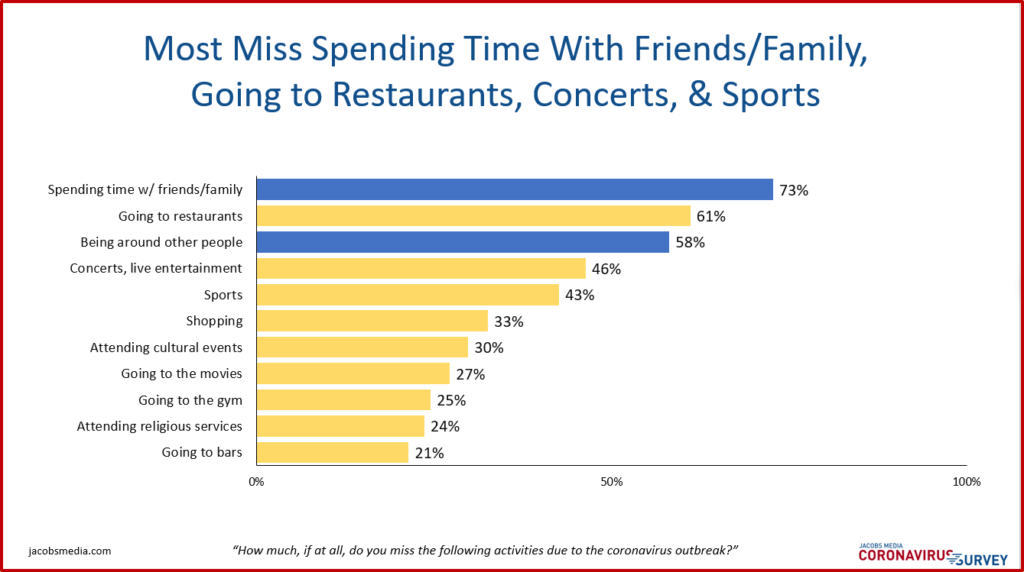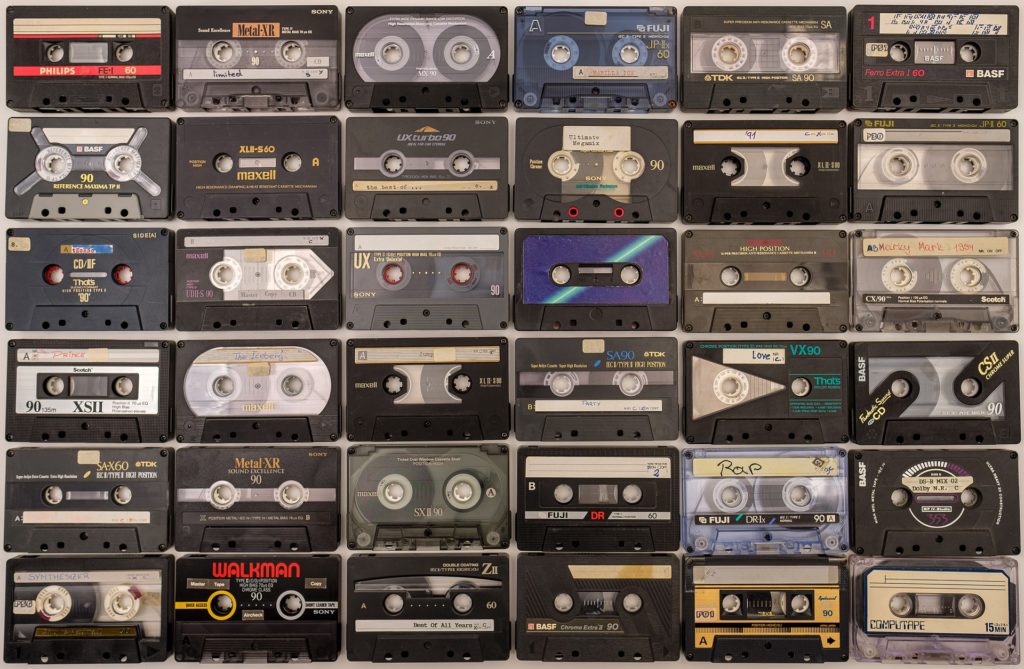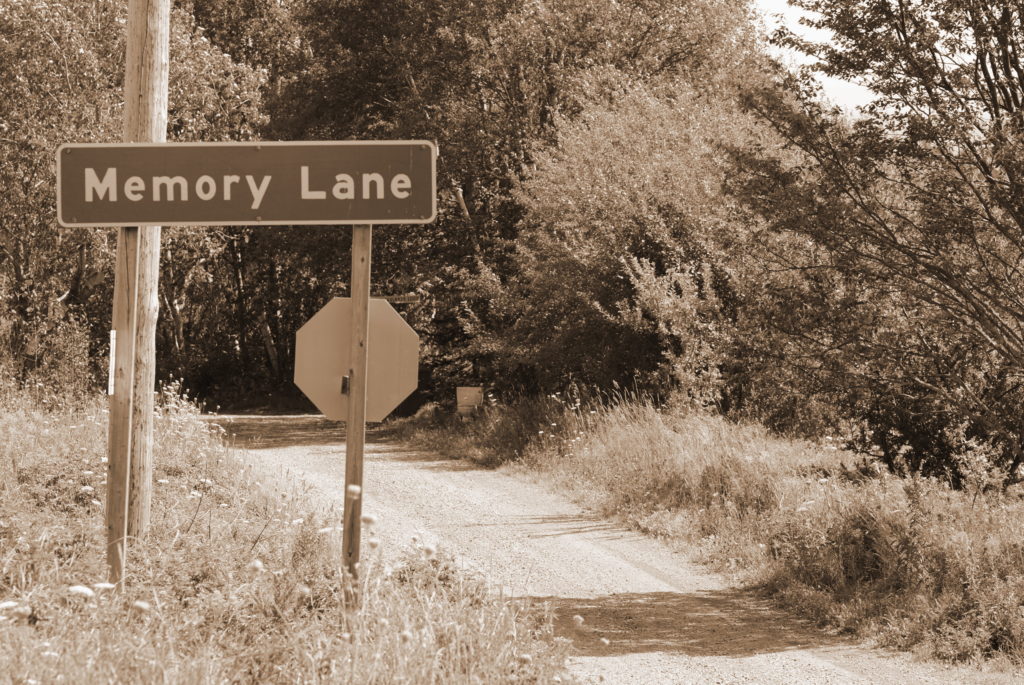One of the big learnings during the pandemic is just how powerful nostalgia has become, amplified during difficult times. Hearing your favorites on the radio that remind you of the days when doctors were the only ones wearing facemasks, only introverts socially distanced, and only germophobes washed their hands a dozen times a day is powerful. But that’s the world in which we live.
Yes, the Christmas music station in town has an obvious advantage during this time of year. And with emotions being more tender than usual, it promises to be a great December for radio specializing in the sounds of jingle bells and chestnuts roasting.
But that doesn’t mean other radio brands can’t get in the act as well. That’s because virtually every radio brand has the opportunity to tap into this rich nostalgic motherlode – not just those playing that “safe list” of holiday hits.
Arecent research study of 2,000 Americans from One Poll (and commissioned by Aura Frames) points to the power of nostalgia during these COVID times. In fact, Study Finds reports that nearly four in five respondents say fond memories have served as an emotional lifeline during the pandemic.
It turns out reminiscing makes us feel better about the future. As psychologist Dr. Krystine Batcho underscores, “Revisiting the past brings back the joy of the good times and the comforting security of being reunited with loved ones. Happy memories remind us of when life was less complicated.”
Brands are getting the message, among them KFC, AT&T, and Budweiser.
Business Insider reports even the packaging makes a difference. KFC is bring back vintage buckets for their chicken, including the holiday editions that came out during 1966 and 1971 – yes, the same years we experienced Led Zeppelin, the Who, and Janis Joplin.

We’re also seeing retired mascots coming back for holiday encore performances, and even classic campaigns like Budweiser’s “Wassup” spots that debuted way back in 1999 – another world ago.
It’s called “nostalgia marketing,” and it is playing an increasing role in the way products and services gain and hold consumer attention during these stressful times.
Again, Dr. Batcho reminds us nostalgia is “grounded in a collective sense of collective loss that we’re all feeling for having suddenly lost so many of the things that we took for granted.”
We saw this in the early days of the pandemic in our COVID research among radio listeners. Yes, there was the human factor – still a powerful yearning 10 months later – as we continue to hear reminders about not traveling over the holidays.
But respondents also were missing going to concerts, sporting events, and other entertainment activities.

And that’s where radio can play a role – well beyond Christmas music. Every generation has its own proprietary nostalgia. The New York Times recently recognized the comeback of the old comfortable pop culture we all have, whether it’s old movies or classic music. Whether it’s the Spice Girls, Kenny Rogers, ABBA, or Queen, everyone has that “sweet spot.”
They quote another psychologist, Dr. Wing Lee Cheung who explains the phenomenon this way:
“We feel that we have lost footing at the present time, and we gain some comfort by taking a step back and revisiting something that reminds us of a time that we used to feel more connected with other people. It gives you energy to cope with what is going on now and move forward.”
All the more reason why “All Christmas Music” radio should have a banner year.
But these stations playing non-stop holiday hits don’t have the market cornered on nostalgia, any more than a Classic Rock or Oldies station does.
If nostalgia is, in fact, the game, pretty much any radio station can play it.

And enough with the esteemed psychologists. Every radio program director worth their salt has witnessed the same thing – the power of music and memories to uplift their audience and their community.
Whether you run a station that plays Country, Hip-Hop, Alternative, or Hot AC, there’s a nostalgic component to your music.
And December would seem the right time to actually let it loose. In the same way brands are pulling out all the nostalgic stops, radio has a golden opportunity to go into its “bubble” and reap the glow.
But wait – what about the ratings? This is another reason why 2020 is a weird year. In smaller metros, the Fall Book diaries are all but mailed in; in PPM markets, it’s down to the Holiday Book (which officially starts earlier than usual – December 3).
And that signals a less pressure-packed environment in which to take a more interesting dive into the library, creating countdowns, year and artist spotlights, faux concerts, and other nuggets that can conjure up those memories of better days, regardless of format or genre.
Airstaff reunions and other uses of virtual meetings can also bring the past back to life with a torrent of great memories of your station. It’s why we love those “Where are they now?” features.

Giving the audience a voice is another way to connect listeners with their more pleasant memories of concerts and albums gone by.
Whether it’s voting on all-time lists, countdowns, or submitting photos, a bored December audience can be put to work creating content for your end-of-year programming.
Spoken word stations have many of these same opportunities. Sports radio, in particular, have those classic local athletes, as well as former players from championship teams. (In Detroit, that’s about all we have these days.) News and talk stations have their archives, often a primary source for retrospectives and podcasts.
Radio stations that simply provide the “same old” programming this month will miss the opportunity to cash in on “nostalgia marketing,” both for programming and sales. More and more people will be staying at home, bored, and looking for something to do. This is where local radio can play an important role.
When the going gets tough, even the tough embrace their pasts.
On the radio.
Fred Jacobs
President & Founder at Jacobs Media
Fred Jacobs founded Jacobs Media in 1983, and quickly became known for the creation of the Classic Rock radio format.
Jacobs Media has consistently walked the walk in the digital space, providing insights and guidance through its well-read national Techsurveys.
In 2008, jacapps was launched – a mobile apps company that has designed and built more than 1,300 apps for both the Apple and Android platforms. In 2013, the DASH Conference was created – a mashup of radio and automotive, designed to foster better understanding of the “connected car” and its impact.
Along with providing the creative and intellectual direction for the company, Fred consults many of Jacobs Media’s commercial and public radio clients, in addition to media brands looking to thrive in the rapidly changing tech environment.
Fred was inducted into the National Radio Hall of Fame in 2018.
Visit www.jacobsmedia.com/blog for more great articles!
